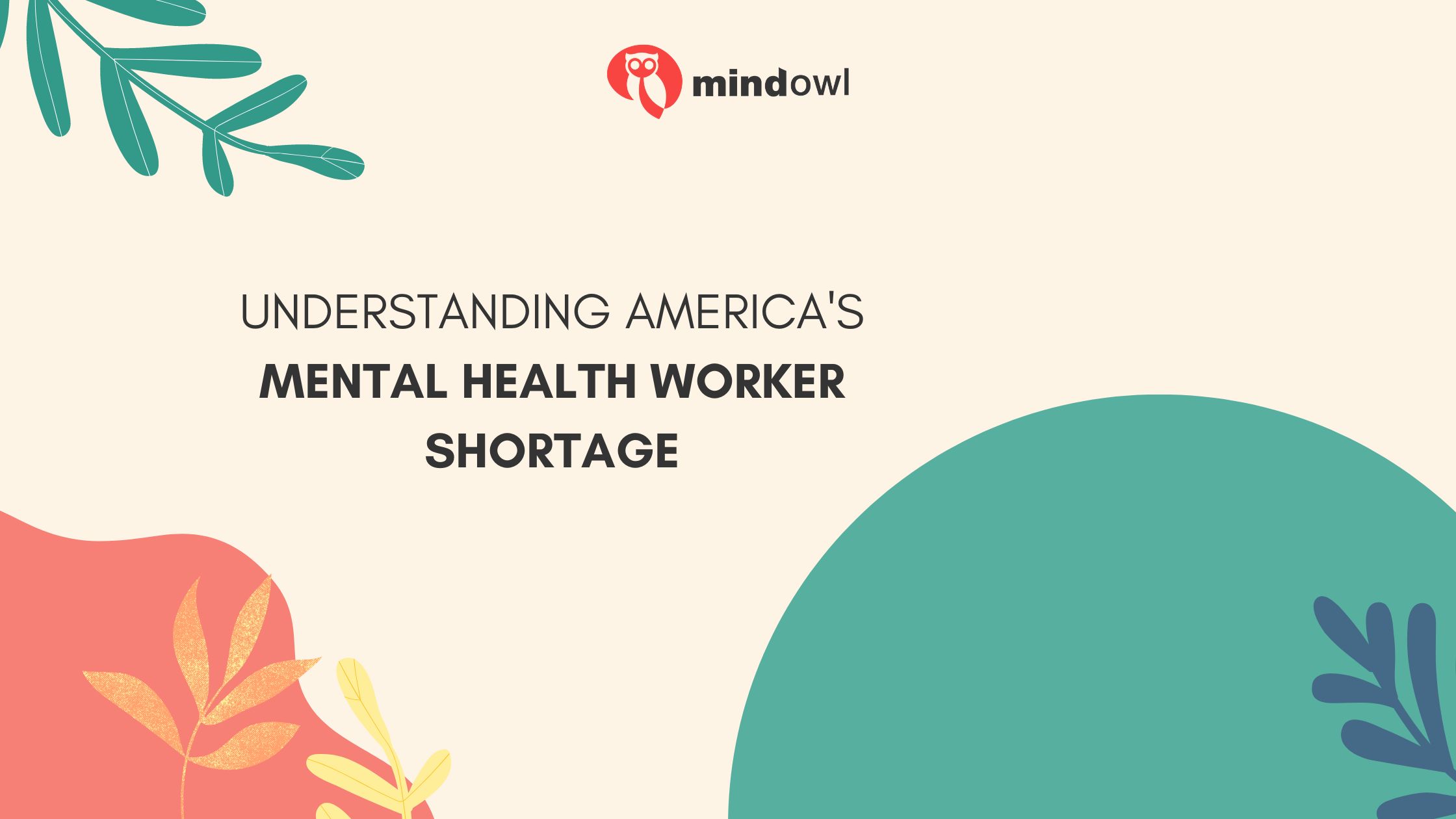Let’s talk about mental health for a second.
13% of people in the world live with a permanent mental disorder. That’s one in every 8 people.
There are many different types of mental disorders, and even people with the same disorder often present differently. Most of those people do not have access to effective care.
But hey, maybe that’s not you. Maybe you’re part of the other 77% of the population. Well…
Nearly half of all Americans will have a behavioural health issue at some point in their lifetime. Anything from a temporary mood disorder (lasting from weeks to years) to a substance use problem. And age isn’t a barrier here. In 2019, 301 million people were living with an anxiety disorder – many of which were caused by trauma inflicted upon them by outside influences – including 58 million children and adolescents
So,when you realise that the 13% don’t have access to effective care, what do you think it’s like when nearly 50% of the population will need to call on those services at some time or another? That’s right, they’ll get missed too. And like any health crisis, leaving a health issue untreated typically means it lasts longer, gets worse, and becomes harder to treat. That means early intervention and early care are critical factors if we want to ensure
So Why is there a Health Worker Shortage
The simple answer is that there simply aren’t enough workers to meet demand. According to some of the most recent statistics, there are only about 42,405 mental health workers currently employed in the United States. When a little over 42,000 people are expected to look after half the American population at one time or another, it starts to come as no surprise that no matter how you slice there is a shortage of workers! Now of course, the reasons for this shortage are many – not least of which being the fact that health work isn’t seen as a particularly glamorous or a profitable job compared to other areas in the field of medicine (I mean, we all know about the wages of doctors and surgeons, compared to them it’s no contest). But there are some sizeable advantages to working in health that you should consider.
Advantages of Working Healthcare
Better Self Care
One way to not be part of the 50% who suffer is to have the skills and techniques to deal on hand to deal with it – and that’s something you’ll learn by being a healthcare worker. And that’s not the only place it can help. An online MA in Counseling – although focused on the mental – can often offer knowledge and techniques about general physical health as well, at the very least it makes you better at spotting the signs of ill health via a greater awareness of your mental state.
Supporting your friends and loved ones
If the odds are that 50% of the American population will need mental health care at some point in their life, then it’s practically guaranteed that someone close to you is going to need that support. People with mental health issues can be difficult to work with and watching a loved one decline can be a terrible thing to deal with, but as a carer, you’ll be more equipped to deal with it and assist your loved one to the utmost of your ability.
Short-Term Work for Long-Term Qualifications
Look, let’s be honest, working in mental health isn’t the most glamorous or profitable of gigs. And so long as more glamorous and more profitable jobs are out there, the shortage will continue because worker retention will be low. But one of the reasons that retention is low is that mental health qualifications are among the most valuable low-key career qualifications out there.
Think about it, want to work in negotiations or moderation? It helps. Want to work in HR for a large company? It helps. Want to work with children in any capacity? It helps. Want to move on to those more glamorous jobs like psychiatry or first responder? It helps. Heck, given how often the police are called in to deal with mental health issues it can even be a boon to police teams both for supporting the victims of crime and supporting the officers themselves.
The benefits of qualification in mental health care are staggeringly high, and even though it might not seem glamorous, it is definitely a highly valuable cornerstone of modern society, both now and well into the future.
MindOwl Founder – My own struggles in life have led me to this path of understanding the human condition. I graduated with a bachelor’s degree in philosophy before completing a master’s degree in psychology at Regent’s University London. I then completed a postgraduate diploma in philosophical counselling before being trained in ACT (Acceptance and commitment therapy).
I’ve spent the last eight years studying the encounter of meditative practices with modern psychology.


